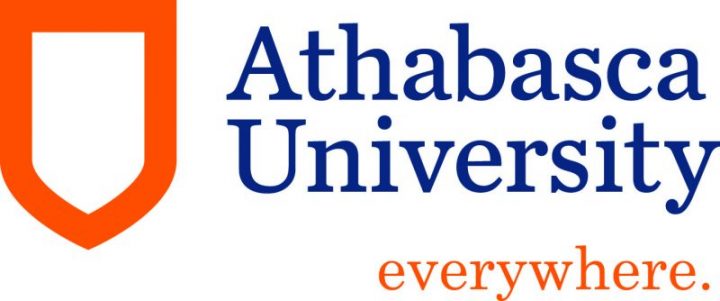The Alberta government has upped the ante in its fight with Athabasca University, directing the online-oriented school to get busy making sure more staff work in the small northern town or risk losing millions of dollars in funding.

“The university must end its pursuit of the near-virtual strategy and must deliver a new strategic plan to Advanced Education for approval by Sept. 30,” Advanced Education Minister Demetrios Nicolaides said in a statement Tuesday.
“Failure to comply will result in reductions to Athabasca’s future funding.”
Nicolaides informed the school of the changes in a letter sent over the weekend.
In it, Nicolaides tells the school’s board of directors that it has until the end of August to direct school president Peter Scott to stop implementing what is known as the university’s “near-virtual” strategy.
Further, writes Nicolaides, the board must then help Scott craft a new strategy “that expands and reinforces the university’s physical presence in the town of Athabasca.”
That new strategy must be submitted to Nicolaides for approval by the end of September.

Get breaking National news
Failure to do so, said Nicolaides, “would allow the Ministry of Advanced Education to withhold the $3.43-million monthly instalment for Athabasca University’s base operating grant.”
- Carney unveils ‘Buy Canadian’ defence plan, says security can’t be a ‘hostage’
- Rhode Island shooter killed ex-wife, son before bystanders intervened: police
- Canadian immigration officers investigating hundreds identified by extortion task force
- ‘Canada can broker a bridge,’ Carney says on new trading bloc efforts
The letter also stipulates that all executive members of the university live in the town by no later than April 2025.
Kristine Williamson, the university’s spokesperson, did not immediately respond to an email request for comment.
The letter escalates a standoff between the province and the university over the school’s mandate.
Prior to the COVID-19 pandemic, the university instituted the “near-virtual” plan to give employees more freedom over where they carried out their work. That plan was accelerated when the pandemic forced people to work from home.
Scott has publicly argued the goal of the school is to provide the best distance education with the highest-quality staff — a mandate that would be hampered by a demand that employees work in Athabasca.
Nicolaides says high quality can still be maintained while adhering to the pledge of economic diversification that led to Athabasca being relocated from Edmonton almost 40 years ago.
Nicolaides directed the university in March to deliver by June 30 a plan to resume and expand in-person operations.
In May, the province replaced Nancy Laird as Athabasca University board chair to accelerate the shift. She was replaced by Calgary lawyer Byron Nelson.
Nevertheless, the shift has been rebuffed by Scott.
Scott, in an April email to staff, said “ongoing work with our near-virtual workforce will continue.”
He also noted the university shuttered satellites in Calgary and Edmonton to concentrate on Athabasca.
Nicolaides said Tuesday that the June 30 response did not pass muster, leading to “the need for Alberta‘s government to take substantive action.”
Local residents have also taken up the fight.
The advocacy group Keep Athabasca in Athabasca University has argued for more local presence, concerned that a small fraction of about 1,200 staff are left in the town.
The group hired a lobbyist to plead its case and, in March, Premier Jason Kenney himself came to town to promise they would make changes to bring people back.
Athabasca University has about 40,000 students.







Comments
Want to discuss? Please read our Commenting Policy first.